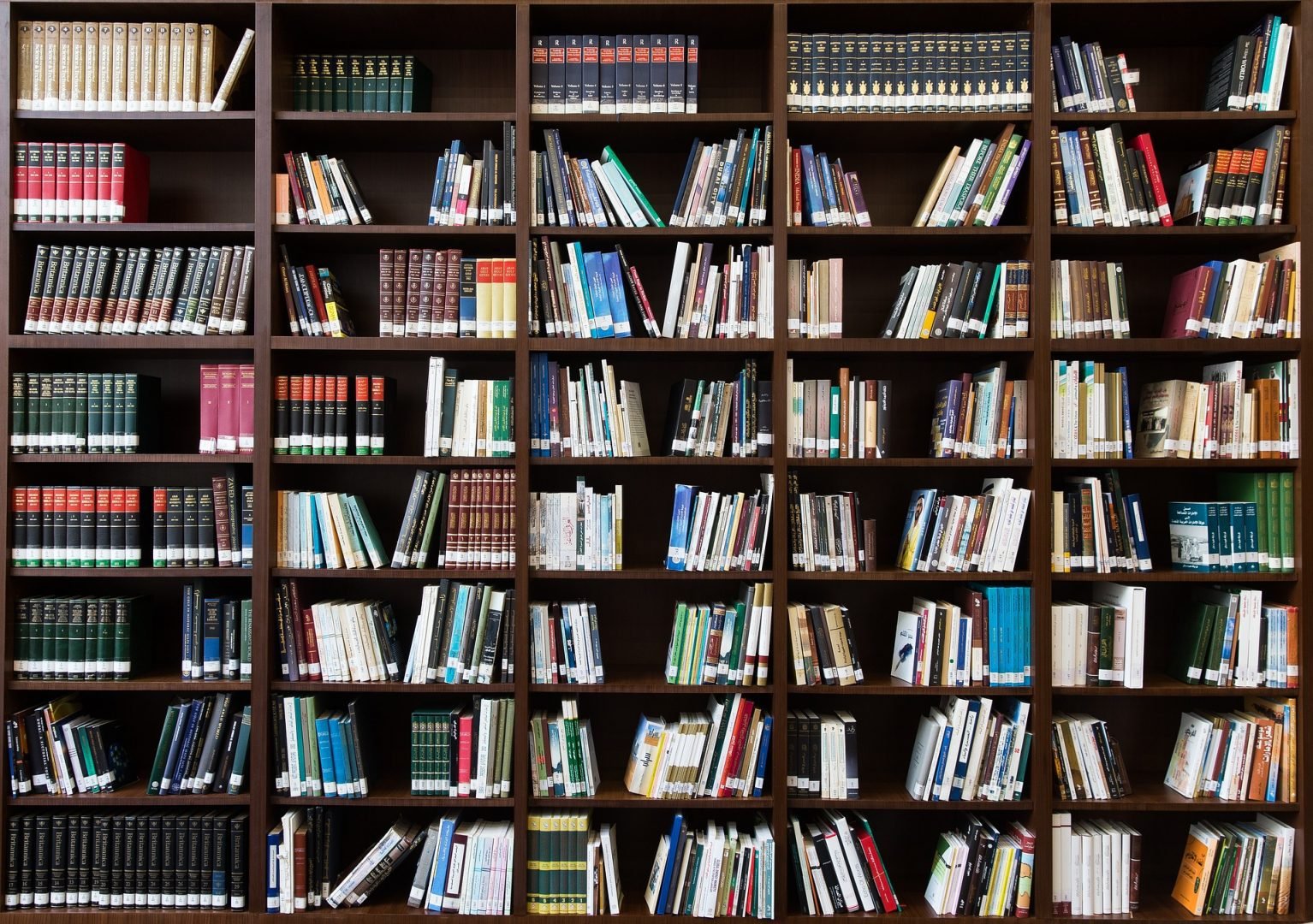There is an attractive story of women writers in world literature. With few exceptions, there are almost no traces of women writers or readers, until the eighteenth century.
Literature has been mostly written by and for men. Until well into the twentieth century, it was a territory practically forbidden to women. Hence, the importance of recovering the history of the creators and rescuing them from oblivion.
To begin writing, authors hid under male pseudonyms or secluded themselves in their homes, isolating themselves from society.
Despite the obstacles, “literature written by women” was creating the possibility of questioning established roles, breaking models and expanding topics that were unthinkable.
With the voice and writing of women, a narrative is developed where new and diverse ways of approaching intimacy are made. From fiction, one begins to disobey the prevailing register; we talk about the family and the house, but also about eroticism and sexuality. The themes are linked to an era, with a context and force us to reflect.
I have to admit that the first books I read in my youth were all written by great masters of literature, I did not discover literature written by women until I was past the age of twenty-five.
After my encounter with Ángeles Mastretta, his narration in “Tear this heart out ” echoed in my blood, like a family story or a secret unveiled.
Sara Sefchovich took me for a walk, in “Too Much Love”, on the roads of all Mexico and I came to swear, that her mysterious boyfriend, had also been my boyfriend; I’ve never laughed so hard with a book.
With Marcela Serrano and her “Albergue de las Mujeres Tristes” I questioned whether, a successful woman, is always condemned to loneliness. I almost gave up my business career for fear of being left alone than one.
Gioconda Belli and her “The Inhabited Woman” showed me the revolutionary movements of Latin America, the liberation struggle against the Somoza dictatorship in Nicaragua and the generational changes of Chile in Isabel Allende’s “The house of the spirits”.
Almudena Grandes and its “Cardboard Castles” opened me to the pleasure of eroticism and made me fall in love with the Madrid of freedom after the Franco regime.
Rosario Castellanos and her indigenist and feminist literature, Elena Garro and her magical realism, the fantastic stories of Amparo Dávila, the uncomfortable writings of Guadalupe Nettel: with them I travel a path that goes from post-revolutionary Mexico, with its great challenges and contradictions, to the chaotic and vertiginous modern Mexico that we have had to live. By then I just wanted to read more and more literature written by women.
Crossing cultural and language boundaries, I found myself in Virginia Woolf’s “Own Room” and looking for “The Second Sex” with Simone de Beauvoir, my heart inflamed by the feminist discourses of the last century.
Lately my senses have been alerted, especially after reading Margaret Atwood and her dystopian “The handmaid´s Tale.” There all the rights won by so many heroic women are lost until they are wombs again, in a fanatical and fundamentalist America.
Thus, the narratives and voice of women are echoing in the history and stories of the struggles, dreams and greatest fears of women, since the beginning of time.
If you are not yet a reader of this literature, dare to listen to the voices of women, silenced for so long.


